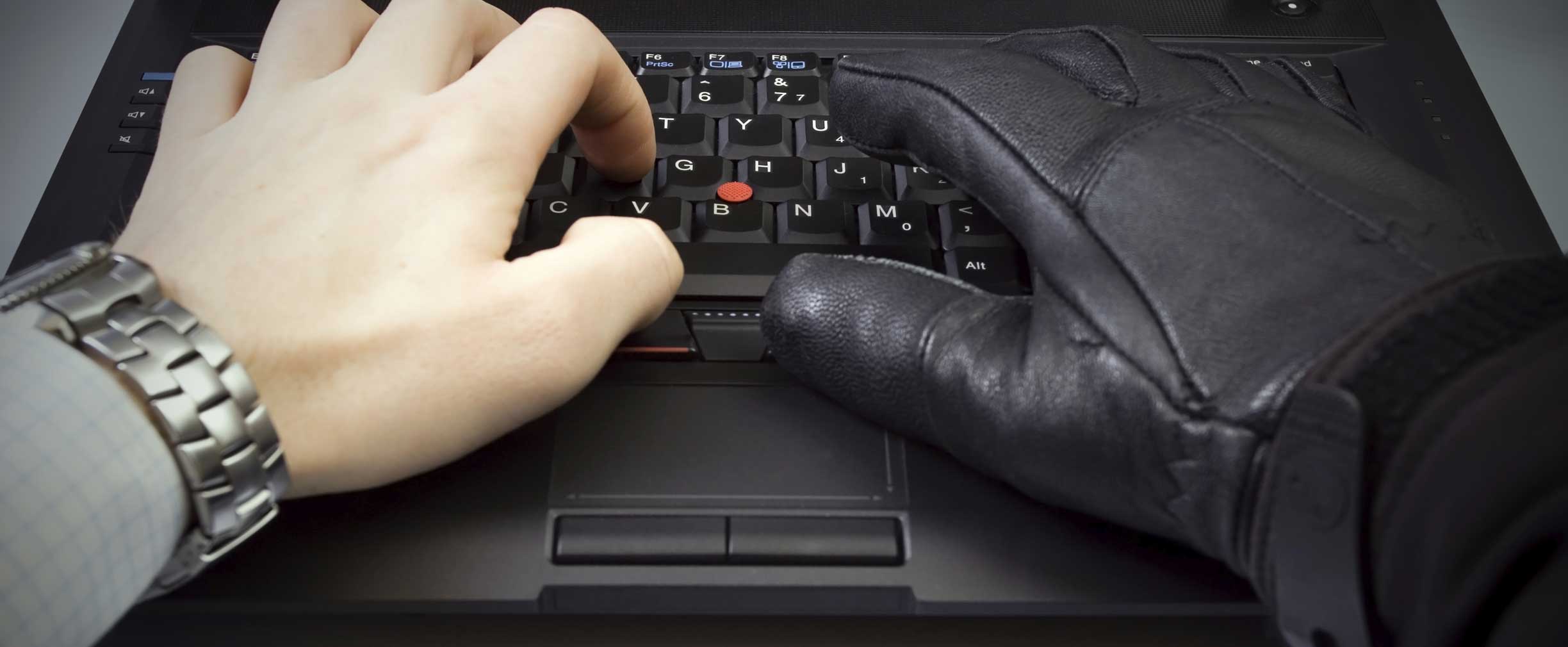
Financial well-being March 10, 2023 By
You’re busy trying to run your business, make sales and deposit payments into your operating account. You’re doing everything right to keep cash flowing, employees paid, and your business running. But it’s the simple everyday act of depositing checks that con-artists are using to scam funds from honest business owners. They’ll try to trick you into depositing fake checks and sending them real refunds. In one recent year, the Federal Trade Commission received more than 27,000 reports of fake check scams totaling more than $28 million. Learn how check scams operate and how to protect yourself.
How Fake Check Scams Work
A check from an unfamiliar name, sometimes for a large amount, gets bundled into your nightly deposits. Then the “client” who sent the check contacts you and requests a refund in the form of cash, a money order, gift cards, or a wire transfer. They have a water-tight reason for requesting a refund. It was a mistaken payment to your business. But the ending is always the same: the check will bounce, and you’ll be stuck covering the money you sent. You’ve just fallen for a fake check scam.
Check scams come in many forms, but they have one thing in common: These bogus checks appear official, with security features and a real financial institution’s name. They might look like business checks, personal checks, cashier’s checks, money orders, or electronic checks. Once you try to deposit such a check, you’ll find that it’s not worth the paper it’s printed on.
Here are common fake check scams to look out for.
- Overpayment Scams
The scammer sends a check for more than the amount owed and asks the business owner to refund the difference. The check is usually a counterfeit, and the scammer disappears with the refund. - Unsolicited Checks
The scammer sends a check for no reason, claiming it’s for a future purchase or as an apology. The check may be a counterfeit, and the scammer may request the business owner to send money back. - Online Purchase Scams
The scammer places an online order for goods or services, pays with a check, and then cancels the order before the check clears. The business owner is left with a worthless check and no payment.
How to Protect Yourself
Business owners should be aware of these common check scams and take steps to protect themselves, including:
- Verifying the check
- Avoiding unsolicited checks
- Avoiding suspicious work-from-home offers
What to Do If You’ve Been the Victim of a Scam
If you believe you’ve mistakenly paid a scammer as part of a fake check scam, here’s what to do:
- Immediately contact your bank or credit union or the money transfer company used to wire funds.
- If you paid a scammer with a gift card, contact the issuing company right away.
- Report the scam to the Federal Trade Commission at ReportFraud.FTC.gov, U.S. Postal Inspection Service at USPIS.gov, or your state attorney general at NAAG.org.




